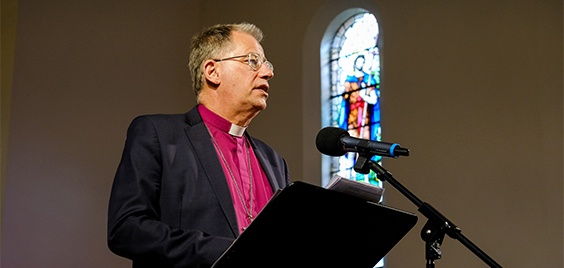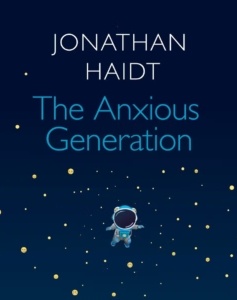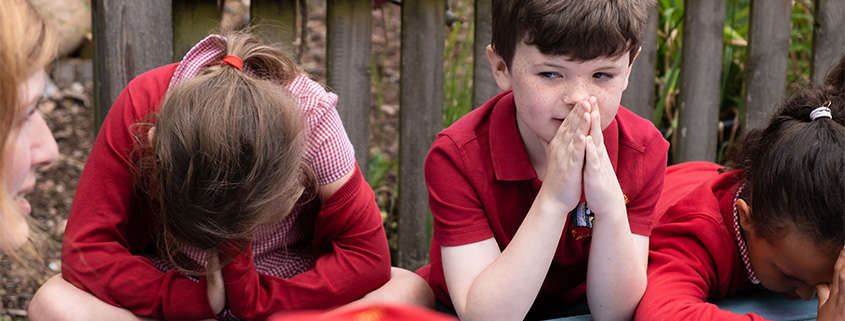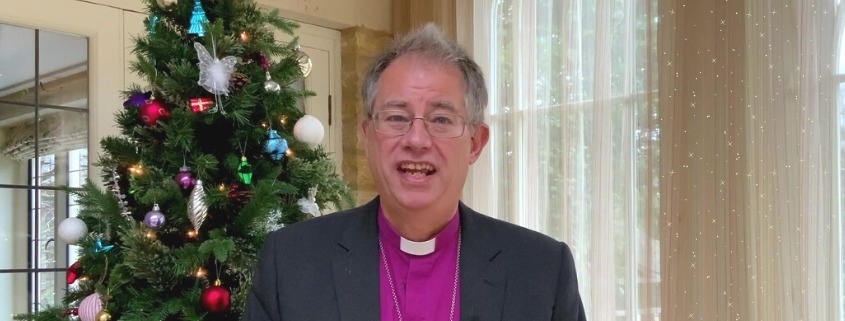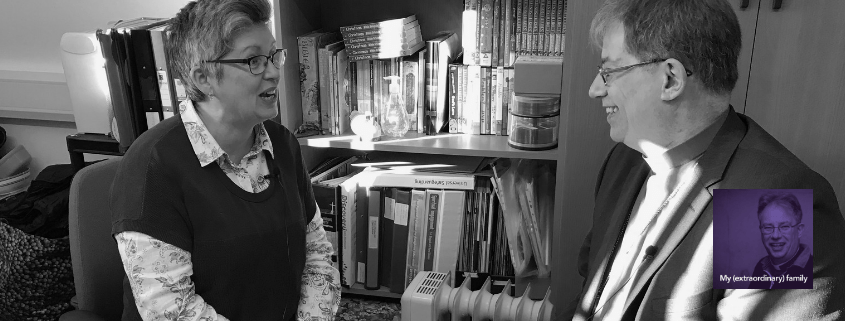Bishop Steven is one of a group of eight members of the House of Lords who have criticised Ofcom’s approach to the Children’s Code which is currently being consulted on.
The letter in full:
We are writing to you as parliamentarians from across the political spectrum, united in our concerns about the draft Children’s Code that Ofcom is currently consulting on.
The Online Safety Act reflects politicians’ shared commitment to ensuring children are safe online. The Act was overwhelmingly supported with politicians from all parties and both houses – unusually – coming to a collective agreement. The need to contain the excesses of the tech sector was more important than scoring points.
The Act that followed gives considerable powers to Ofcom, with a particular emphasis, set out at the beginning of the Act, that its purpose was to keep children safe by design.
It is with this context in mind that we are writing to express our concern that the draft Children’s Code does not do justice to that intent. Specifically, the draft falls substantially short in three key areas:
1. The draft Code does not enforce against underage use. This means that millions of children under the age of 13 will continue to be exposed to products and content that even the services themselves deem inappropriate for them.
2. The draft Code fails to mitigate identified risks – livestreaming, for example, features heavily in Ofcom’s own research as an identified risk – but the Code offers no mitigation strategy. The measures that Ofcom has proposed are partial and overly focused on process rather than outcomes.
3. The draft Code fails to require age-appropriate services – meaning there is no difference between services offered to a 7-year-old and a 17-year-old.
Each of these are clearly needed to keep children safe, and we believe they are enabled, indeed required, by the Online Safety Act.
It’s possible that Ofcom officials are concerned that age assurance for children below the age of 18 is hard to achieve with today’s technology. If that is the case, we would respectfully suggest that this concern does not align with existing industry practice where a range of age assurance methods are already being deployed to estimate the age or age range of users for safety, privacy and commercial reasons. There is also clear evidence over the last decade that the regulated companies invest time and money in child safety technology when regulators require them to do so. And when legislation is in place, such as the Age Appropriate Design Code, tech development has followed swiftly.
The Act anticipates that age estimation strategies will be part of the regulatory standards and so your decision to require a single standard of age assurance (“highly effective”) goes against the terms of the Act and the intentions of Parliament.
We are bewildered at the decision to do nothing at all to protect children under 13, and at the same time give regulated companies safe harbour. We simply do not understand how Ofcom can assert in Volume 5 of the draft Code that “there is currently limited evidence on the specific impact of harms to children in different age groups”. For years, the BBFC categorised content as appropriate for different ages of a child with clear age breaks at 12, 15 and 18. The Act is clear that regulated companies have a duty to mitigate and manage the risk of harms to children of different age groups (Part 3, section 12 of the Act). Why would you choose to ignore this?
After so many years in the making and so many promises to parents and children, the failure to use your powers in full will undermine faith in a regulatory solution altogether. Throughout the Act’s passage through parliament, both HMG and Ofcom repeatedly assured us that the Act gave you the powers required to protect children. At no point did Ofcom raise concerns that the powers were insufficient, indeed when parliamentarians raised concerns about ensuring that age assurance was developed to create age-appropriate services, or that terms should be mandatory – we were told that ‘the Children’s Code would do that’. So, we are confused as to why you have chosen not to.
We urge you to act to prevent underage use, find a mitigation for every identified risk, and require age-appropriate services for children of different ages. No parent or teacher would or could want a 17-year-old to be treated as if 7, or the other way round. A regime that does so will simply not work.
As ever, we would be happy to meet to discuss further and if barriers to the implementation of the Act as anticipated by Parliament exist, we will raise them in our discussions with the new Secretary of State when they are in place.
Lord Bethell
Lord Clement-Jones
Lord Bishop of Oxford
Baroness Harding of Winscombe
Baroness Kidron
Lord Knight
Baroness Morgan of Cotes
Lord Russell of Liverpool

